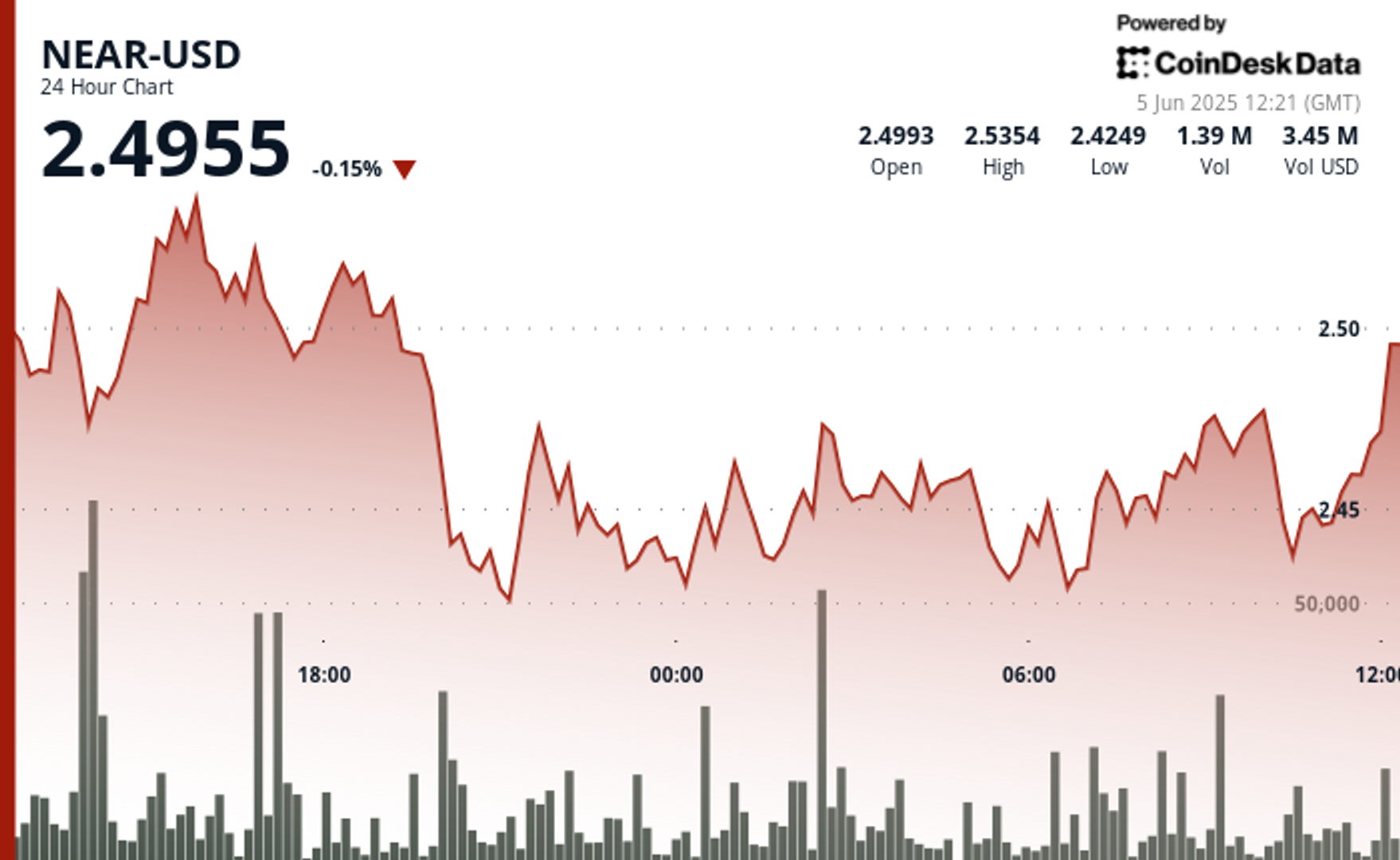A Strange Darkness Is Spreading Throughout the Oceans
Facing rising temperatures, a spike in acidity driven by an influx of carbon, mass habitat destruction, and inescapable pollution, the world's oceans haven't had it easy. But in an ominously literal sense, the situation may be even darker than we realized. New research indicates that more than a fifth of the global ocean has darkened over the past two decades, with the depths that sunlight can penetrate significantly retreating. The findings, published in a study in the journal Global Change Biology, describe a worrying shrinking in the ocean's crucial photic zones — the uppermost layer where 90 percent of all […]


Facing rising temperatures, a spike in acidity driven by an influx of carbon, mass habitat destruction, and inescapable pollution, the world's oceans haven't had it easy. But in an ominously literal sense, the situation may be even darker than we realized.
New research indicates that more than a fifth of the global ocean has darkened over the past two decades, with the depths that sunlight can penetrate significantly retreating.
The findings, published in a new study in the journal Global Change Biology, describe a worrying shrinking in the ocean's crucial photic zones — the uppermost layer where 90 percent of all marine life, from fish to photosynthesizing plankton, reside.
This "reduces the amount of ocean available for animals that rely on the Sun and the Moon for their survival and reproduction," said study author Thomas Davies, associate professor of marine conservation at the University of Plymouth, in a statement about the work.
Davies and his colleague Tim Smyth, a marine biogeochemist from the University of Exeter, used two decades of NASA satellite data to model how the depth of the photic zone has shrunk between 2003 and 2022.
In all, they found that 21 percent of the deep blue had fallen into gloom, with some regions more hard hit than others. For ten percent of the world's oceans — an area equal to the continent of Africa — the depth of the photic zone decreased by over 164 feet (50 meters). In 2.6 percent of the ocean, the dusking was even more extreme, with the photic zone depth receding by more than 328 feet (100 meters). Conversely, it's worth noting, about ten percent of the ocean became lighter.
Scientists have long warned about this phenomenon. But according to the researchers, the extent of it wasn't well known until now.
"There has been research showing how the surface of the ocean has changed color over the last twenty years, potentially as a result of changes in plankton communities," Davies said in the statement.
So far, a clear culprit for the dimming hasn't emerged. The causes in this case appear more involute and disparate — but humans, from what we can tell, do share a significant part of the blame.
Sediments and other materials dumped into the water near coasts can contribute to blocking sunlight, the authors note. But this doesn't explain why we're seeing darkening in the open ocean, most prominently in regions around the Arctic and Antarctic, where climate change is dramatically reshaping the environment.
The authors conclude that a "combination of nutrient, organic material and sediment loading near the coasts and changes in global ocean circulation are probable causes" of the ocean darkening, they wrote in the paper.
We're only just beginning to grapple with this tenebrous trend, but the impact it could have could be catastrophic.
We rely on the photic zones for the "air we breathe, the fish we eat, our ability to fight climate change, and for the general health and well-being of the planet," Davies added. "Taking all of that into account, our findings represent genuine cause for concern."
More on oceans: Heartbreaking Video Shows Fish Fleeing Huge Nets
The post A Strange Darkness Is Spreading Throughout the Oceans appeared first on Futurism.














.png)

















































































































































































